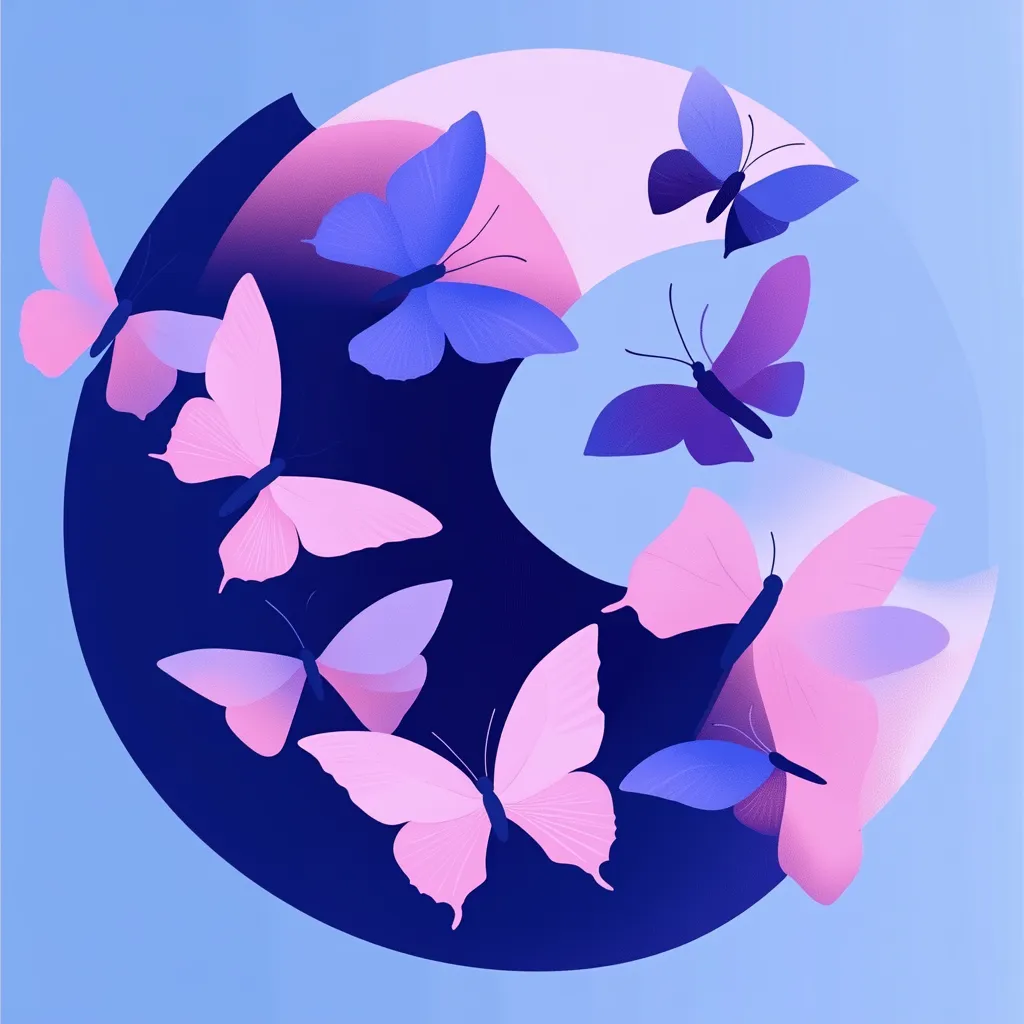As the day's madness recedes and the night starts to creep in, there's nothing quite like the cozy sensation of steeping a cup of sleep tea. A hot, caffeine-free sleep tea becomes something more than a drink—it's more like a little nudge that says, "Hey body and mind, sleep time." By incorporating some tea for sleep into your night time routine, you're not merely stopping for a minute to unwind; you're also tapping into nature's coolest sleep helpers: herbs that are famous for being calming, anxiety-reducing, and mildly sedating.
Why Tea for Sleep?
Selecting tea to sleep has physiological and psychological impacts. Some herbal teas have active phytochemical compounds that affect our central nervous system, lowering arousal levels and sleep onset latency. Some act on the GABA receptors, and others have apigenin, a flavonoid that is sedative in action and can lower sleep onset latency and night-time wakefulness. Apart from phytochemistry, the mere warmth of an evening brew relaxes muscles, calms the digestive system, and offers a ritual of self-care that sets the body and mind to sleep.
Top 5 Teas for Restful Sleep
When you want some help to promote better sleep, you can always resort to some popular calming teas available today. But, how do you find the best tea for sleep? Here are some options to consider.
Valerian Tea
Valerian tea is the sleep tea champion for most who have trouble sleeping. A systematic review found that valerian enhanced the quality of sleep, with an 80% higher likelihood of reporting improved rest over placebo, with few side effects. Chronic administration of valerian extract has been shown to increase slow-wave sleep and reduce sleep latency, with polysomnography establishing objective improvements in sleep architecture. Whether sipped on its own as a bedtime tea or blended with other relaxing herbs, the earthy scent and gentle sedative effect of valerian root make it a great tea that helps you sleep better.
Chamomile Tea
Chamomile tea is the most commonly employed herbal tea for better sleep. The calming floral scent of chamomile tea causes relaxation, and its apigenin works by binding to benzodiazepine sites that result in tranquility. Meta-analyses confirm the efficacy of chamomile in lowering Pittsburgh Sleep Quality Index scores by notable amounts, indicating improved sleep maintenance and fewer occurrences of nighttime awakenings. While there are minor advantages in overall sleep duration, chamomile tea to help sleep works great by lowering nighttime arousals and enhancing subjective sleep quality, especially helpful for individuals with light or fragmented sleep.
Lemon Balm Tea
Lemon balm is yet another tea to help sleep and stay asleep for longer. It's so easy to fall in love with its citrusy flavor to any bedtime tea blend. A few studies with adults who had some trouble sleeping found that taking lemon balm extract daily really reduced their PSQI scores, which made them feel better about their sleep and how they felt the following day. Blending lemon balm with valerian or other herbs typically has great synergy together, lifting your mood and putting you to bed sooner. As an herbal tea for sleep, lemon balm provides a nice kick, which relaxes you but without a bitter taste.
Lavender Tea
Lavender tea is considered a popular sleep aid, even though there's limited scientific evidence of the impact on sleep quality. However, research has demonstrated that inhalation increases deep sleep and decreases cortisol, hence reducing stress. A randomized trial of elderly patients taking lavender tea demonstrated dose-dependent improvements in sleep quality scores over three months. In short, lavender tea for sleep can bring the plant's anxiolytic and calming analgesic qualities into your sleep routine.
Passionflower Tea
Passionflower tea has been utilized for centuries due to its ability to promote quality sleep, courtesy of the effect it has on the GABA receptors of the brain. The neurotransmitter is one which puts an end to uncontrollable thoughts, which subsequently lowers anxiety and instructs your body to relax. Not only does consuming this herbal tea make you drowsy, but consuming it on a regular basis can also improve the quality of your sleep as a whole, making you sleep on time and also sleeping deeper with less interruptions.
Creating a Bedtime Tea Ritual
If you want these sleep teas to be more effective, it is a good idea to establish a bedtime ritual too. Just choose a tea you prefer that is caffeine-free, and begin brewing it at least half an hour before you go to bed. It only takes 5-10 minutes to make.
You can set a warm ambiance by switching off the lights while your tea is brewing. Taking a nice long bath or reading a good book is also a good idea. Once your tea is ready, just sit back and enjoy every sip and be there. And, yes, avoid the stimulating ones like green or black teas; opt for herbal teas instead to keep your body clock intact.
Conclusion
When your goal is to enjoy a full night sleep and wake up full of energy, you should consider adding herbal teas to your routine. The best part is that including a nightly herbal tea in your life won't call for any drastic measures. These calming teas are very easy to prepare, yet they actually do make a big difference in improving sleep. And you can even alternate between various flavors of the same tea to discover one that suits your mood perfectly. So, go ahead and pick your flavor!






Leave a comment
This site is protected by hCaptcha and the hCaptcha Privacy Policy and Terms of Service apply.